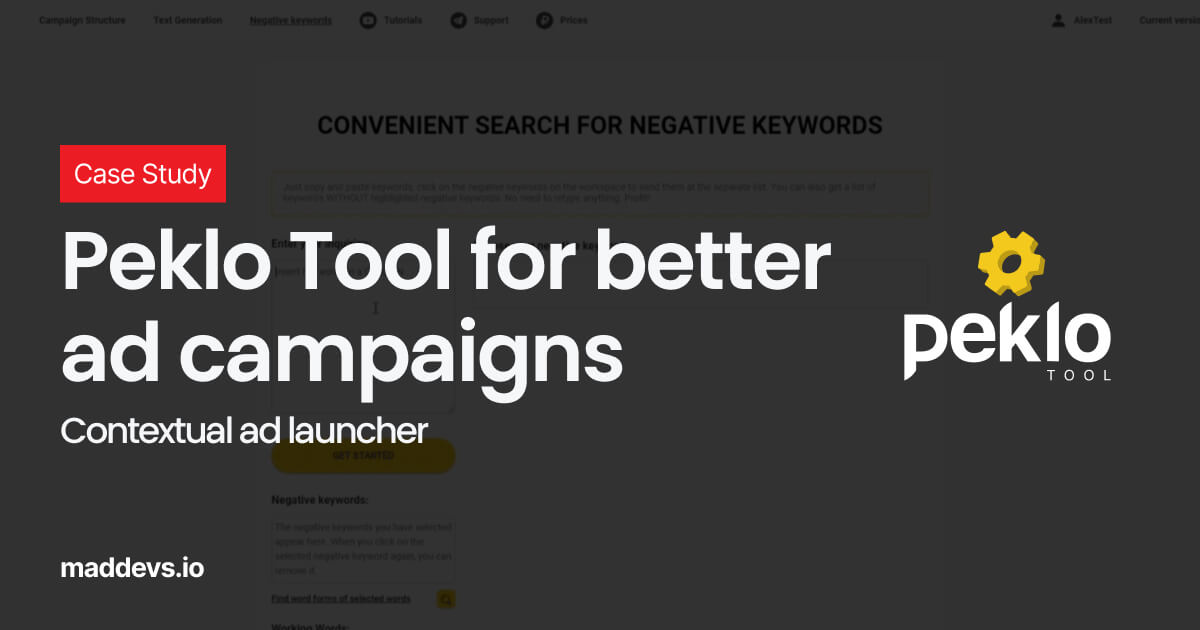Are you looking for job opportunities in the IT field? Have you already decided what company type you would like to work for: a product-based or a service-based one? Yes, they are different. To understand the pros you are getting and the drawbacks you are going to deal with, you need to understand the difference between a product-based and a service-based company. Let us start by clarifying it then.
A product-based company
A product-based company creates its own products to deliver them to end-users: individuals or companies. The best examples of product-based companies are Microsoft, Google, Cisco, and similar.
Such companies devote time and invest funds in developing out-of-the-box solutions and offering them to as many customers as it is possible. These solutions can be configured and customized to meet different needs.
It is common for such a company to work on the same solution or suit for ages. Thus, a product-based company prefers to hire specialists with profound knowledge in the domain.
A service-based company
Service-based companies usually do not have their own products. Such companies work on specific solutions based on the needs of their clients or deliver specific services such as technical expertise. Service-based companies also can provide their clients with dedicated teams or project teams.
Among the best examples of service-based companies are TCS, Cognizant, Wipro, EPAM, Accenture etc.
Solutions provided by such companies are exclusive, tailored to the specific customer needs, requirements, expectations. Such solutions are usually not shared with other clients. The products developed by a service-based company are top-notch because the company wants the client to use the product and to recommend the service.
Is product - or service-based company better for your career?
When you are just starting your way in the IT field, you might be willing to work for such a product-based company as Microsoft, Oracle, or similar. However, let us be open: how many developers end up there? While in the market, there are plenty of other companies where you can develop your skills and earn good money.
Still, what company is better to work with: a product-based or a service-based one? It all depends on what you really expect from the job and what qualities you have and value. What about making a short comparison list to see what is better for you?

Hiring candidates
A product-based company works constantly on a specific set of products by tuning them up, improving, implementing new features. They tend to hire specialists with solid knowledge in a specific domain.
A service-based company works with a number of projects in different domains, even the rarest ones. If you don't have solid experience but are willing to learn and are flexible enough, this is your chance to start and build a successful career.
Economic benefits
While the major product-based companies such as Microsoft, Oracle, Google still manage to keep the salaries of their employees at a decent level, the demand for ready products is already established.
For a less-established product-based company, it might be pretty difficult to take up a more or less significant share of the market and make its products profitable. Such companies frequently don't have sufficient funds to pay competitive salaries. They might attract specialists by offering company equity instead of money. It might be a good option if the company succeeds.
While service-based companies develop products that are needed. Only when a client has approached the company with a specific request, the company starts working on a product. Thus, your economic stability doesn't depend on whether the product is purchased or not. Service-based companies are interested in developing top-notch products because they bear responsibility for the final result. It means that in the long run, a service company is more stable than a product-based company that doesn't have products yet that generate profit and is in constant fund-raising efforts.
Working environment
A product-based company works on the same products for years by upgrading and improving them. Unless you are keen on the product indeed, it might be pretty boring. You will be in the same pot while you are working there. Though if we are talking about big project-based corporations, such an issue is eliminated there because there, products are with a significant scope.
In a service-based company, everything is about flexibility. Such a company shall be your choice if you are flexible, love acquiring new knowledge, and developing new skills. Even though, for example, in Mad Devs, we work with the same client on average more than two years, but still, a developer can try themselves in other projects.
Career opportunities
In a product-based company, it is pretty difficult to be promoted. People there work in the same domain for ages, and unless you know the product at least equally well, moving up the career ladder is going to be difficult.
In a service-based company, you can make your career faster if you are flexible, motivated, learn fast, and willing to work. So, if you hope for good and fast career opportunities, there is no doubt that you get more chances in a service-based company.
Bottom line
So, what company is better to work for? If you have some experience and deep knowledge of the domain, if career growth is not your priority, and if you are willing to work on the same product for long, a product-based company can be the perfect place for you. This is a good option for people who either aren't willing to communicate with customers or simply don't have proper communication skills.
If you are ready to learn new things, acquire knowledge and develop skills in different domains, a service-based company shall be your option. Along with the mentioned benefits, in a service-based company, you can count on good and fast career growth if you are smart and aren't afraid of work. Moreover, only a service-based company gives you an opportunity to discuss the solution directly with the customer and to build exclusive products that don't have analogues in the market.













